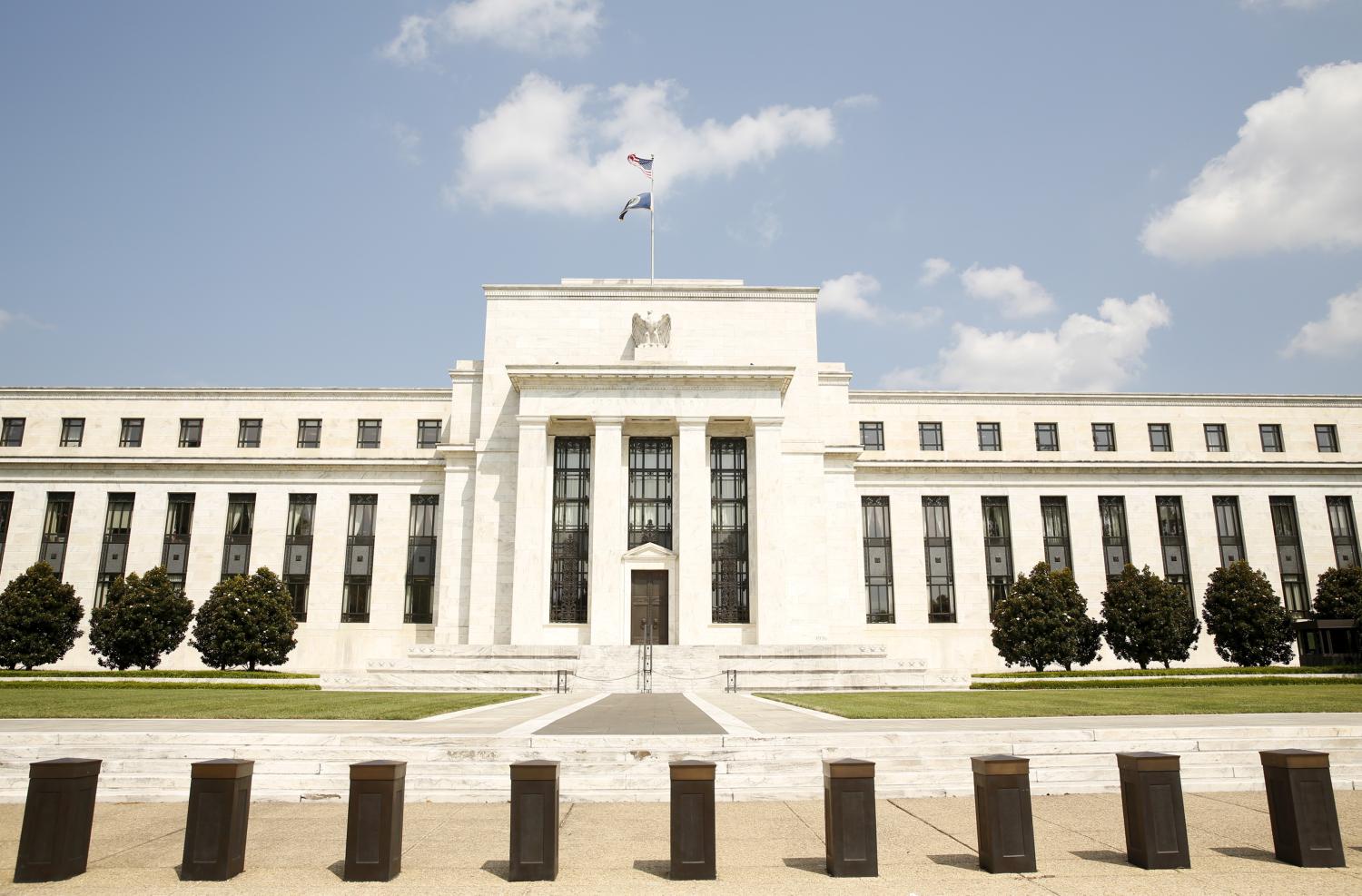As interest from investors in funds with environmental, social, and governance (ESG) policies has grown, so has a backlash from some politicians. Laws curtailing public sector activity with funds that take ESG-friendly actions have been proposed or passed in 17 states. One of them is Texas, where the state and political subdivisions raise about $50 billion in financing from the municipal bond market every year, placing it among the top three states in that market.
The Texas state legislature in September 2021 barred any of the state’s municipalities from contracting with banks that restrict funding of oil and gas or firearms companies. The laws led to the abrupt exit of five of the largest municipal bond underwriters from Texas; these underwriters had accounted for a bit more than a quarter of all the competitive bids for municipal bond underwriting in Texas. The issuers previously reliant on the targeted banks were more likely to rely on negotiated borrowing instead of holding an auction, and received worse pricing after the implementation of the law.
As a result, we estimate that Texas issuers will incur $300-$500 million in additional interest on the $31.8 billion borrowed during the first eight months following the implementation of the law.
The increased costs reflect three factors. First, moving to a negotiated sale can cost slightly more than a competitive sale on average. Second, the bonds are placed with investors through a larger number of smaller trades, which can indicate higher costs of intermediation. Third, as potential underwriters are removed from the market, the remaining underwriters can consolidate their market power, and competition in the market may decline.
The targeted banks re-entered the Texas market in a limited manner starting in May 2022. We are unable to conclusively establish whether the state of Texas or the financial institutions changed behavior, or what would have happened if the banks had not re-entered. However, several lessons are clear. First, banks value their ESG policies and chose to leave the lucrative Texas public finance market instead of abandoning ESG policies. Second, political subdivisions in Texas faced large uncertainty in the months following the enactment of these laws and moved away from competitive sales to negotiations. Finally, borrowers in Texas paid significantly more for external finance during this period than did their counterparts outside of Texas.
Thus, even in states with historically competitive public finance markets, the loss of competition from anti-ESG laws and the resulting adverse effect on borrowing costs may be significant.
The Brookings Institution is committed to quality, independence, and impact.
We are supported by a diverse array of funders. In line with our values and policies, each Brookings publication represents the sole views of its author(s).







